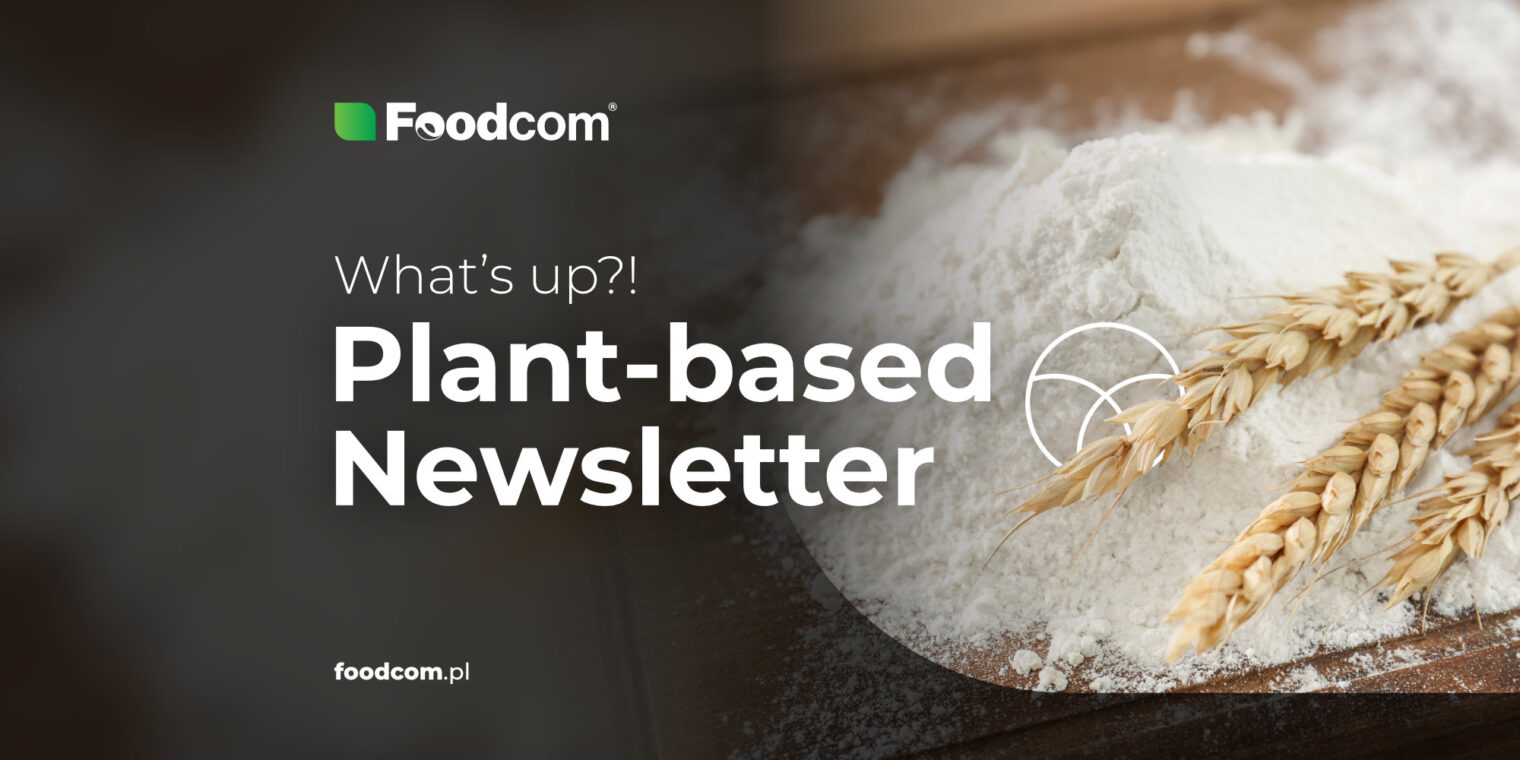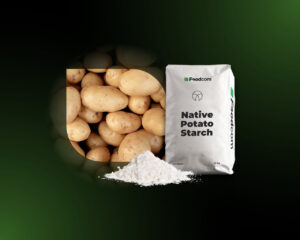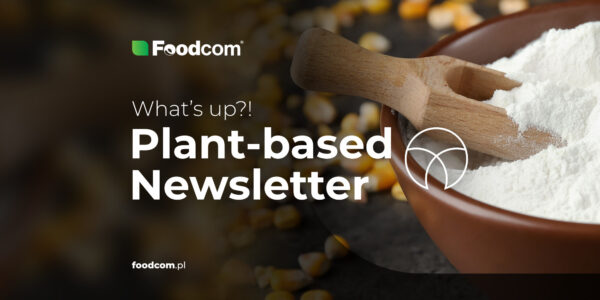Hello Partners!
Welcome to our Plant-Based Newsletter!
Check out the most important information about the market to stay in the loop. Don’t forget to set up a meeting with our Representatives on Fi Europe that starts next week!
Hottest Products of the Week
Proteins
Potato Protein destined for animal feed is poised for another procurement opportunity, pending the awaited price evaluations. Patience is advised until the Christmas season concludes and the influx of economical alternatives subsides. A scarcity of potatoes is currently evident, leading to an anticipated depletion of related derivatives. The elevated moisture content just before harvest, has resulted in the unfortunate rotting of numerous potatoes in the ground and thus to the decrease of raw material on the market.
On a brighter note, the market for Potato Flakes is thriving, experiencing robust sales. Notably, Belarus offers a commendable quality of Potato Flakes, making their way to Poland and Italy to fuel subsequent stages of production.
VWG is currently in motion, and inquiries from individuals are focused on the prospects for Q1 and Q2. Encouragingly, this aligns with our anticipated developments, as there is a prevailing sentiment that we have successfully navigated through challenging times and reached a bottom.
Furthermore, there is a notable surge in demand for Corn Gluten Meal, with stocks almost depleted for Q4. This heightened demand is attributed to applications in pet food and aqua feed, underscoring the product’s popularity in these markets.
Other high protein plant based proteins are also in demand in feed as a cheaper alternative for expensive Milk Proteins.
Starches
The market for Tapioca Starch is witnessing substantial sales, particularly owing to its distinctive properties in binding and stabilizing processes. This trend extends to modified tapioca starch as well.
Conversely, the margins for Corn Starch and Wheat Starch are currently slim, presenting challenges in these segments.
The decreased amount of potatoes will most likely result in the problems with supply when it comes to potato flakes and Potato Starch.
Sweeteners
Spain is currently experiencing the highest demand for sugar products, including Dextrose, monosaccharides, and Fructose. However, it is noteworthy that this heightened demand is occurring against the backdrop of a tangible economic downturn in the country.
In contrast, there is a distinct scenario in French markets, where there seems to be a concerted effort to divest from sugar products, potentially indicating a need for increased liquidity. This strategic move may be influenced by various factors in the French interiors market.
It’s essential to highlight that, concurrently, prices for sugar products are on a downward trend. This could be a result of market dynamics, shifting demands, or other economic factors impacting the pricing of sugar-related commodities.
What else?
Sales of extra virgin olive oil are experiencing a slowdown in both Spain and Italy, the two largest consumers of olive oil globally. The escalation in prices for extra virgin olive oil can predominantly be traced back to subdued expectations for a second consecutive harvest, coupled with a shortage of olive oil reserves from the previous crop.
Delays are reported in the UK and the Netherlands, where 25-30% of the potato crop awaits harvesting. Widespread waterlogged soils are slowing down harvesters, prolonging the overall harvesting time.
The UN World Food Programme (WFP) has cautioned that Ukraine might face challenges in meeting both domestic and export demands for wheat in the future if Russia continues its attacks on the country’s export routes and facilities.
The anticipated beet sugar production in the European Union for the 2023/24 season is projected to reach 15.5 million tons, derived from the cultivation of sugarbeets across an area of almost 1.4 million hectares. This represents a 3 percent growth in production compared to the previous season (2022/2023), despite an expected 6 percent reduction in beet acreage in France.
The projected production in Brazil is set to increase by 3.0 million tons, reaching a near-record level of 41.0 million. This boost is attributed to favorable weather conditions and an expanded cultivation area, which is anticipated to provide additional sugarcane for processing.









